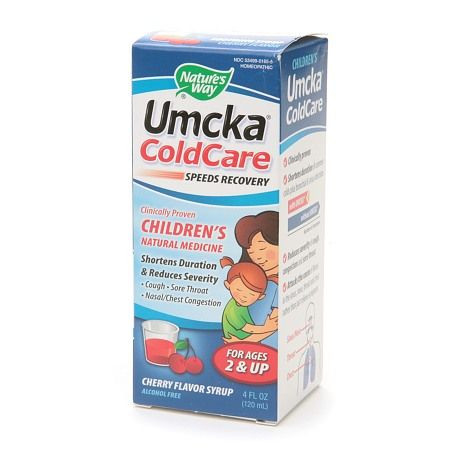Nearly Half Of Parents Give Young Kids Cold Medicine They Shouldn't [Video]

On average kids get five to ten colds a year and parents often grab over the counter cough and cold medicines to alleviate symptoms so their children don't suffer. The problem is that the Food and Drug Administration said, back in 2008, that these medicines should not be used in children under the age of 2.
There is no evidence that these medications work in children that young and they can cause serious side effects. Such adverse effects can include allergic reactions, increased or uneven heart rate, drowsiness or sleeplessness, slow and shallow breathing, confusion or hallucinations, convulsions, nausea and constipation.
After the FDA proclamation, producers of children's cold and cough medicines changed labels to indicate that they should not be used in children under 4 years of age. The problem is that this warning is usually in small print on the back of bottles and boxes among other medical jargon.
"These products don't reduce the time the infection will last and misuse could lead to serious harm...What can be confusing, however, is that often these products are labeled prominently as 'children's' medications. The details are often on the back of the box, in small print. That's where parents and caregivers can find instructions that they should not be used in children under 4 years old," says Dr. Matthew M. Davis, M.D., M.A.P.P., director of the C.S. Mott Children's Hospital National Poll on Children's Health.
In the current poll, researchers found that close to 40 percent of parents gave their children under the age of 4 these medications. And it made no difference how much parents made, or what ethnicity the parents were, almost half of all parents, across the board, gave their children cold medication when they weren't supposed to.
"Products like these may work for adults, and parents think it could help their children as well. But what's good for adults is not always good for children," says Davis.
The University of Michigan Mott Children's Hospital National Poll on Children's Health can be found here.



























